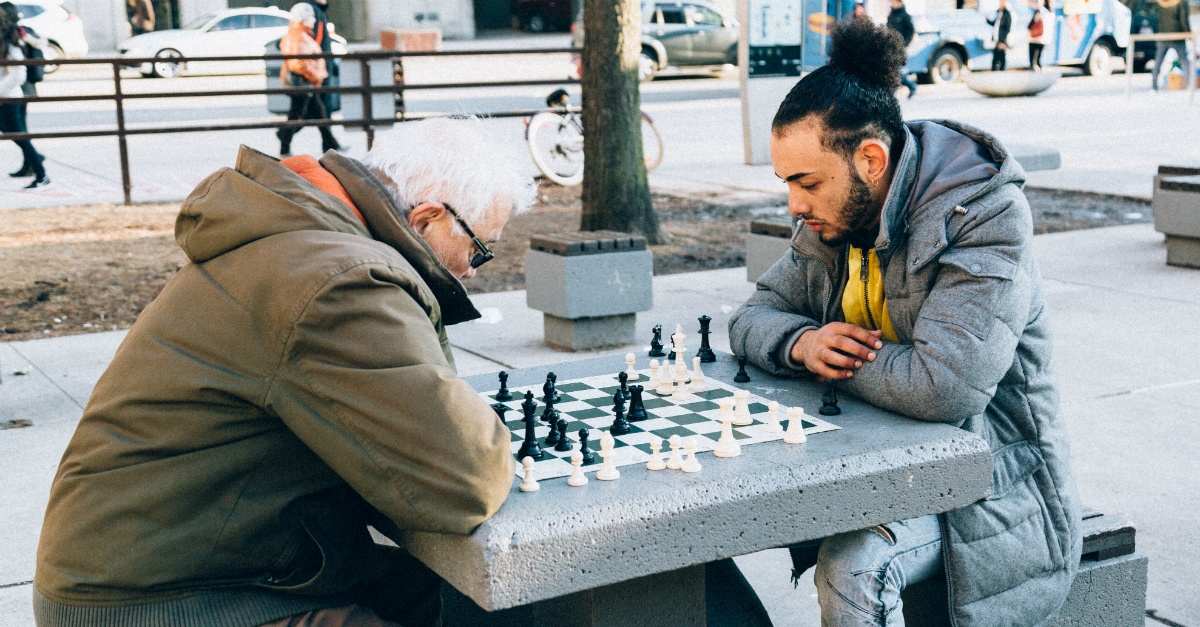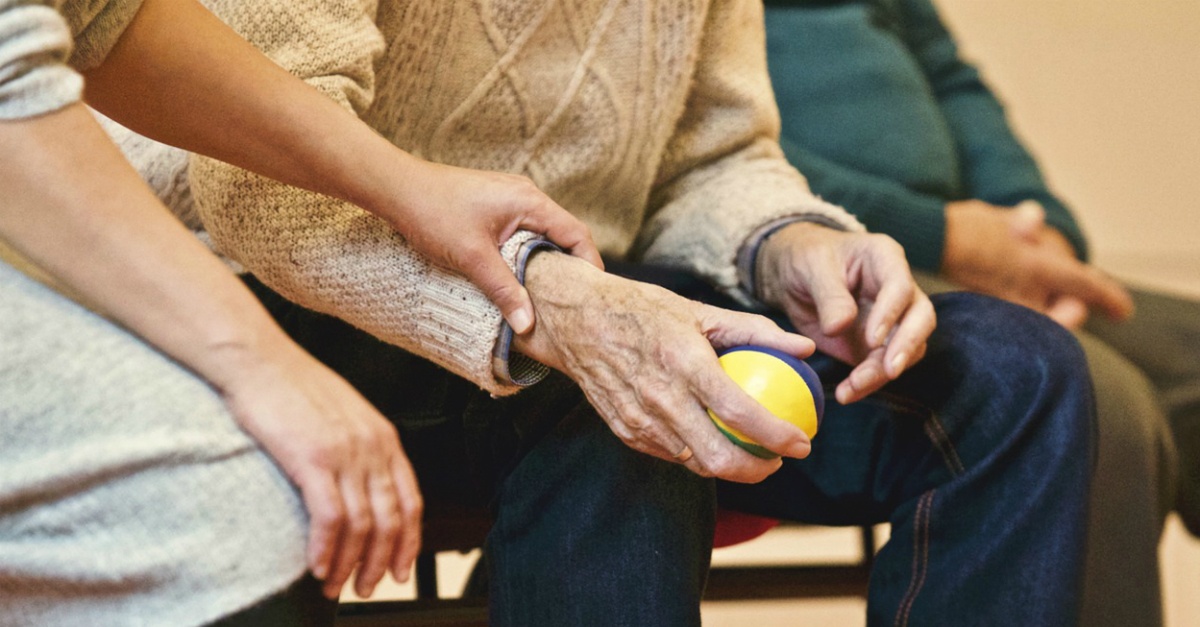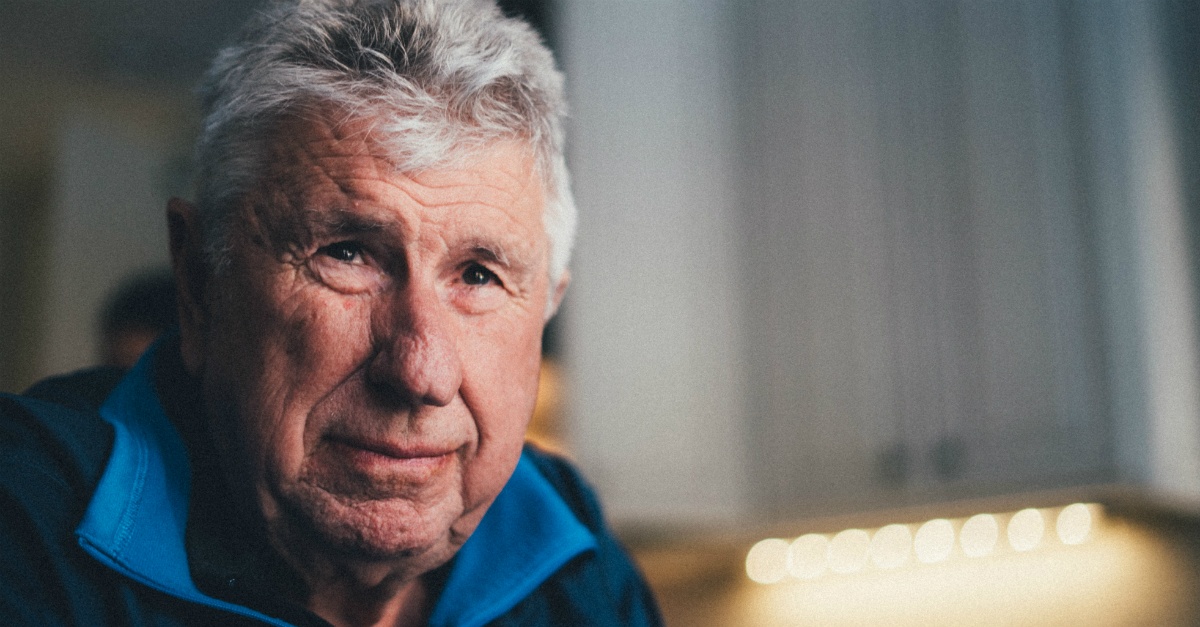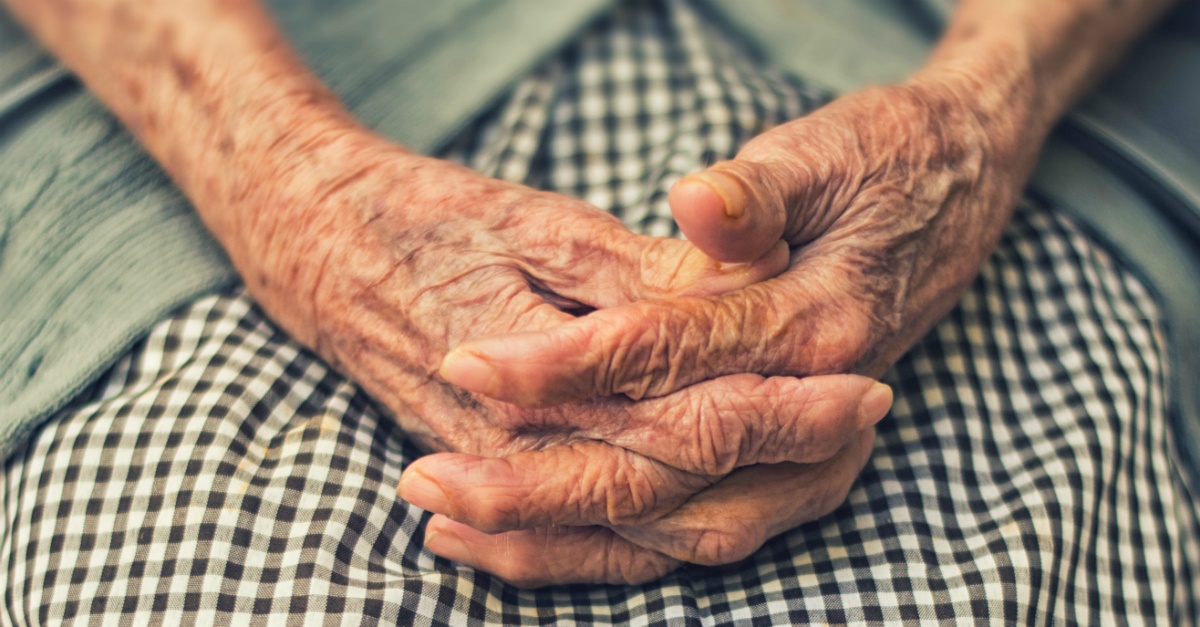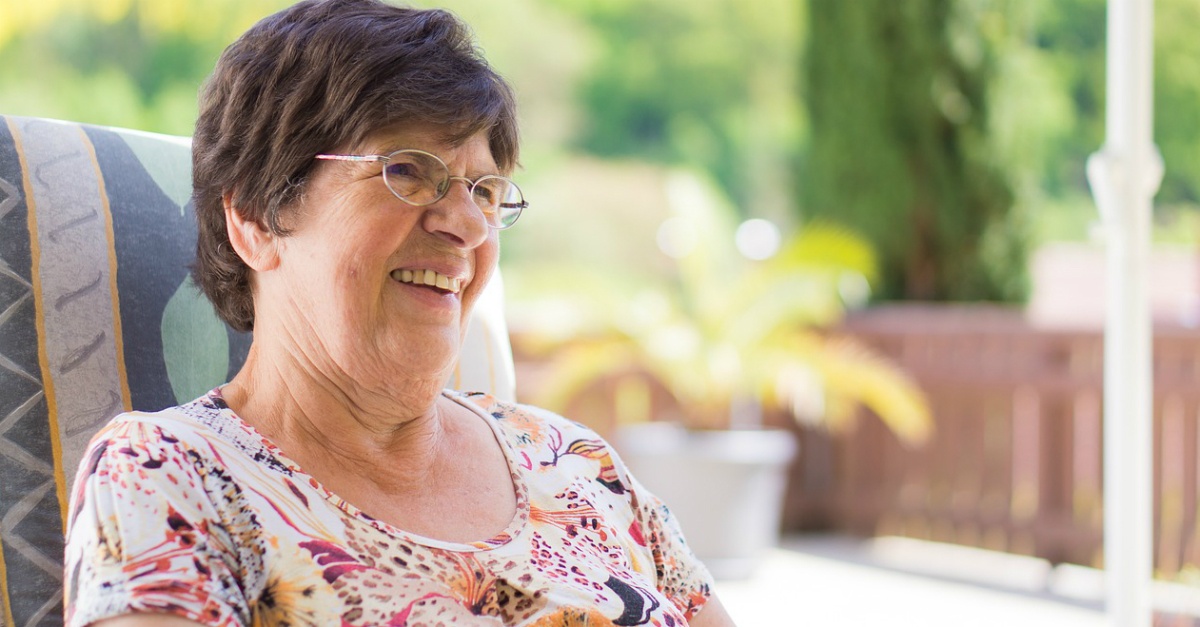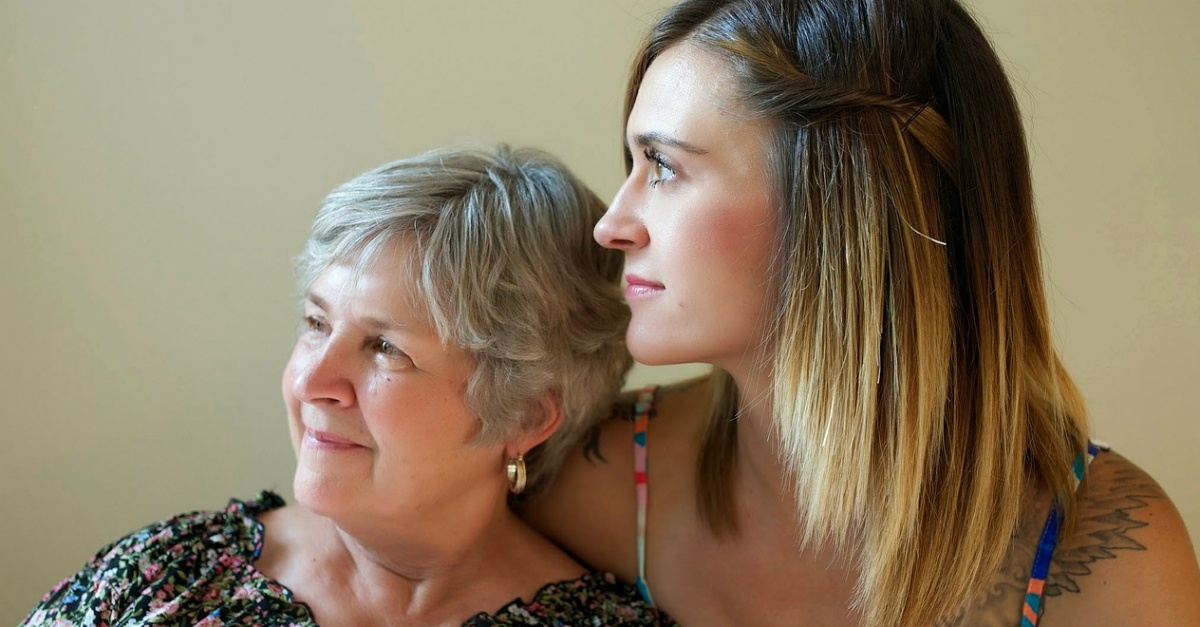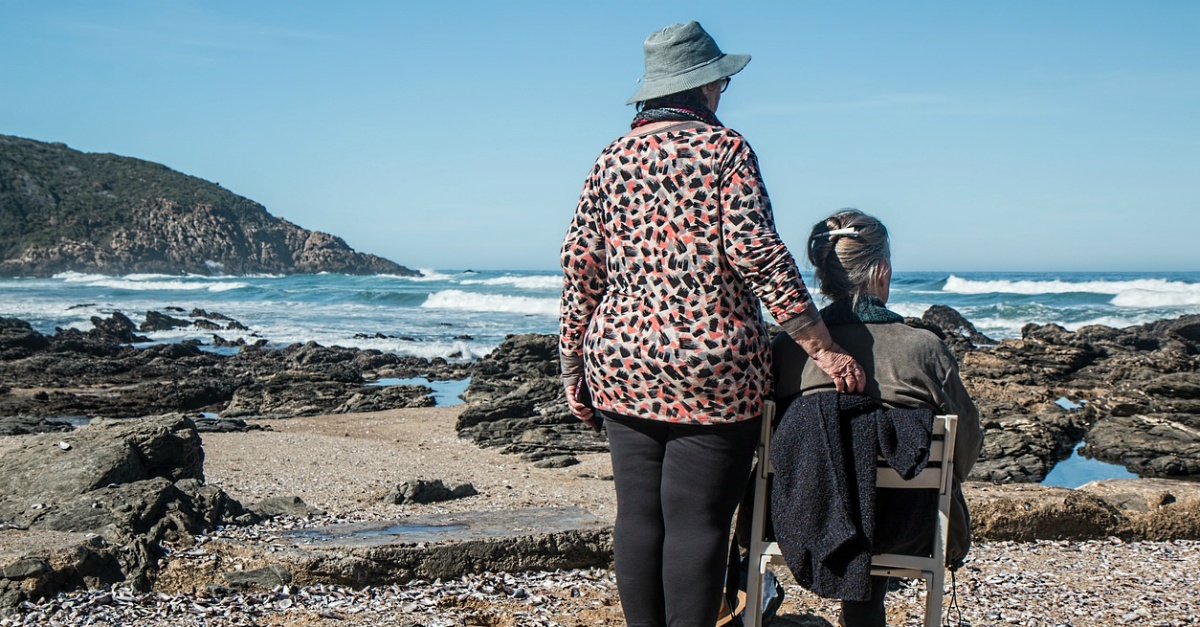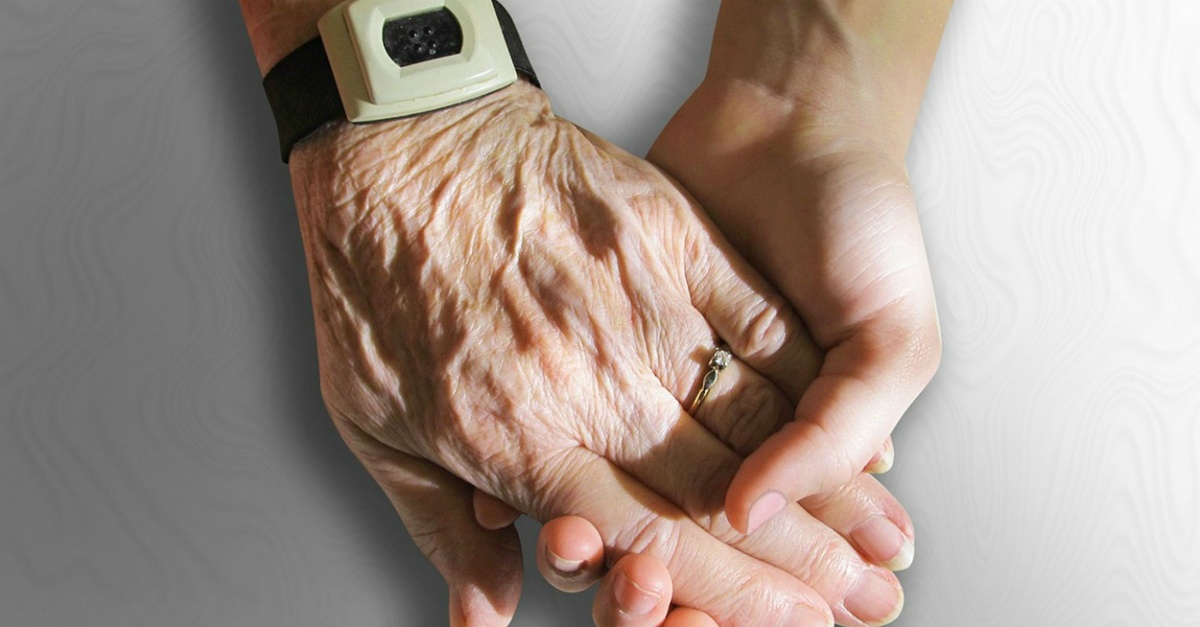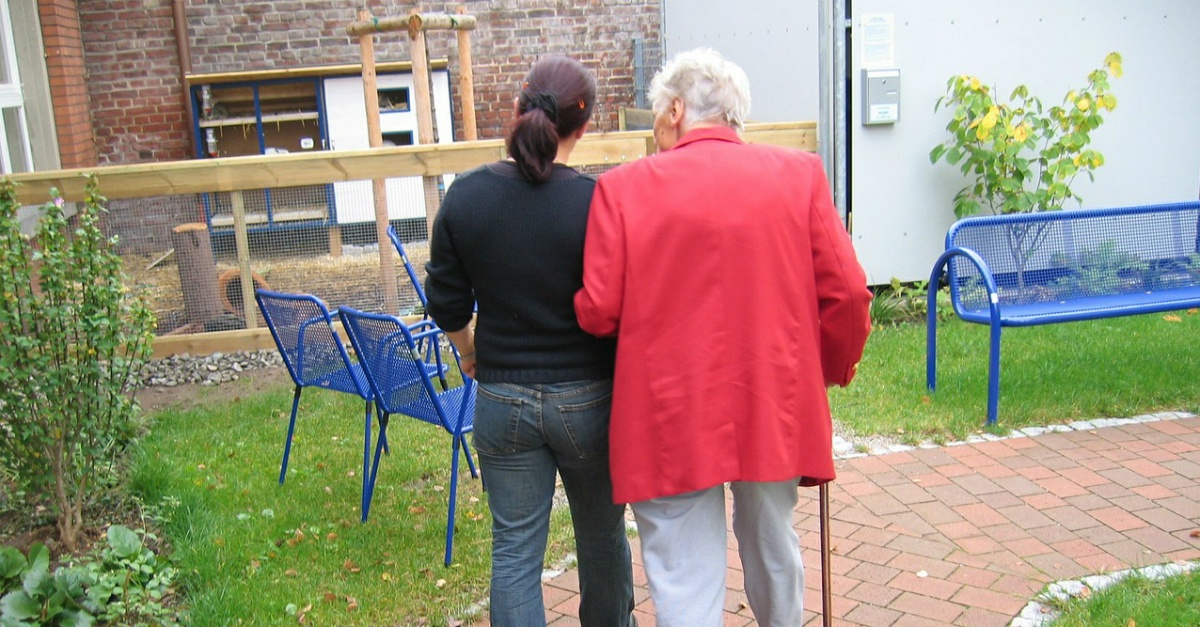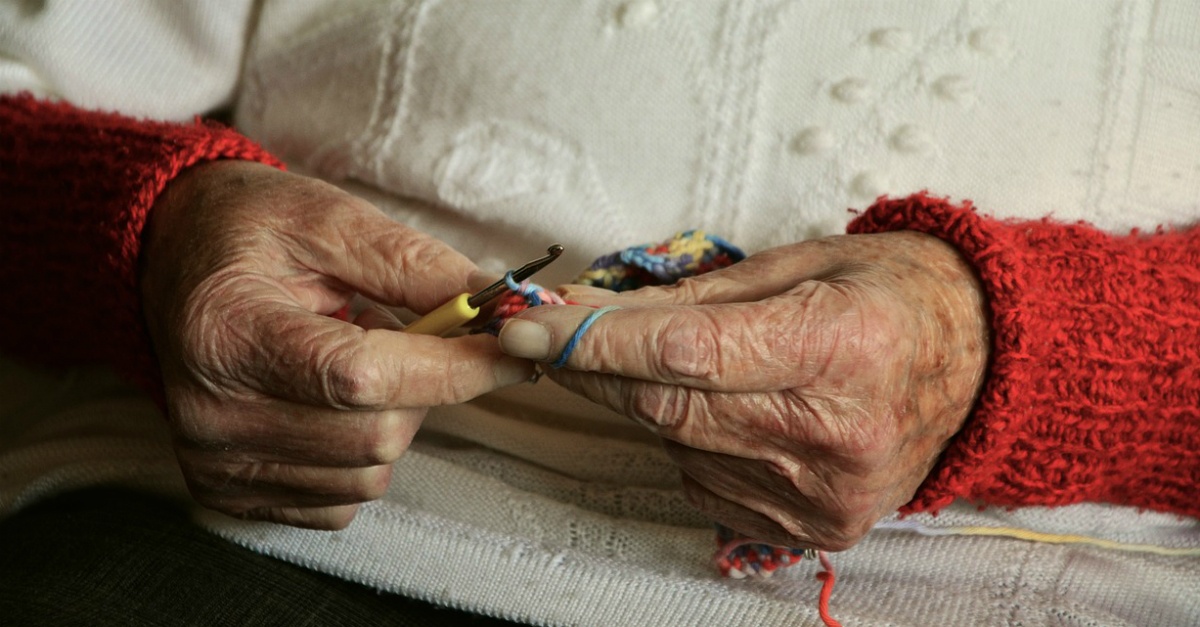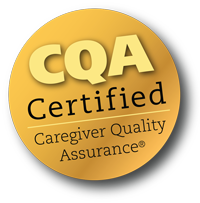It’s not easy to give up your sense of independence. If someone you love is no longer able to care for themselves, it can present challenges in every facet of their life. It can be clear that they might need daily medical assistance or help cooking, cleaning and grooming. What’s less obvious is what they could be going through emotionally.
How Hiring a Caregiver Can Provide Consistent Emotional Care
How to Find the Right Private Duty Caregiver For Your Loved One
Hiring a private duty caretaker can feel overwhelming. How will you pay for it? How often do you or your loved one need assistance? And how will you find the best person for the job?
The relationship with a private duty caregiver is very important, for both patients and their families. Here is what to look for when you begin searching for a caregiver:
4 Things to Consider If Your Loved One Needs Care at Home
Home is a great source of comfort for most of us. This can be especially true if you or someone you love is limited in their ability to care for themself. If you are helping to care for a sick, injured or elderly loved one, homecare is a wonderful option. Home-based caregiving brings the support and therapy right to their home.
Need Homecare Assistance? What to Look For in a Provider
Homecare offers the opportunity for your loved one to stay in a comfortable, familiar environment -- their home -- even when simple, daily tasks become too challenging.
Finding the best senior homecare provider requires a multifaceted approach. Of course, physical needs are a priority. A senior living at home might need help cooking, cleaning, bathing or dressing.
But overall care should include well-being, comfort and companionship. When you’re looking for a homecare provider for your loved one, these are some of the things you should check off:
4 Ways Home Care Providers Improve Seniors' Quality of Life
Home care providers are just one link in the chain of communication and coordination for someone who requires home care.
There are a number of benefits to having home care providers, but we have provided four essential ones for you in this article.
Companionship Helps Seniors Adjust After a Loss of Independence
Many times, the focus for caring for loved ones at home is physical needs. These include activities of daily living, such as cooking, cleaning, and grooming, as well as medical treatment or therapy.
Why At Home Healthcare Requires Coordination and Communication
We perform a variety of activities every day. These include cooking, cleaning, bathing, dressing, or grooming. We don’t realize how much we do them until, suddenly, we need help with them.
Injury or sickness are difficult hurdles for many people to overcome, so some turn to home care to help ease the burden they endure. However, as you research you may come across a few different terms that can confuse you a little.
5 Signs Your Loved One Qualifies for Skilled Home Care
Sometimes, tragedy strikes when you least expect it. You or a loved one you know suddenly fall ill or have an accident that leaves a lasting effect on you for weeks, months, even years after. How can you be expected to deal with the medical ramifications alone? Home care ensures that you are well taken care of in the comfort of your own home by professionals. You don't have to struggle through this alone; there is always someone willing to help. But what actually qualifies you for skilled home care? This article will run through the five main ways that you or a loved one can qualify for home care so that should the situation arise, you can give yourself or them the treatment they need.










